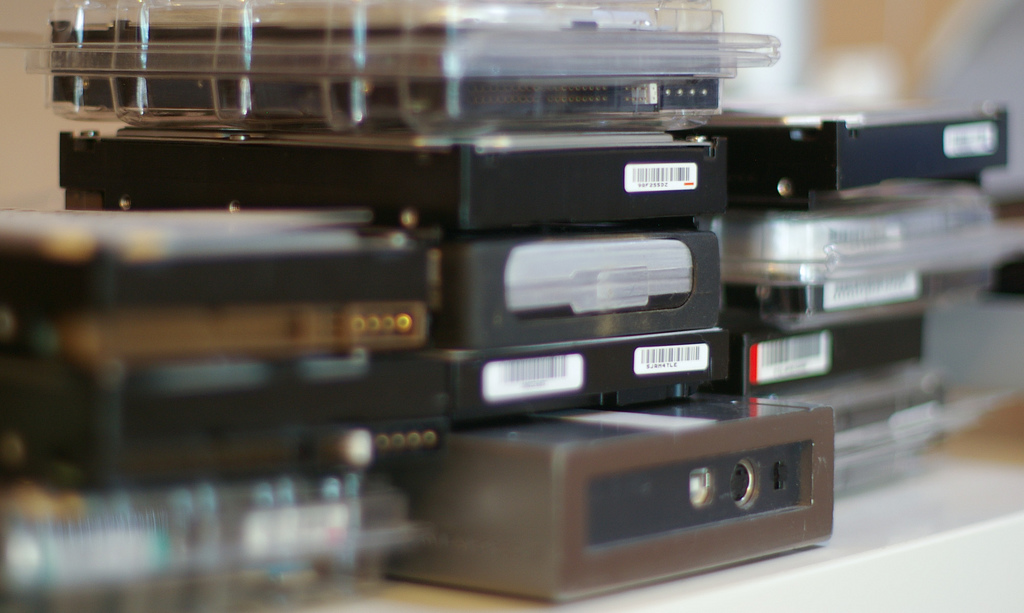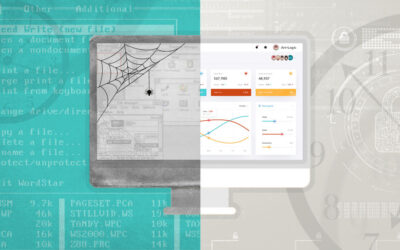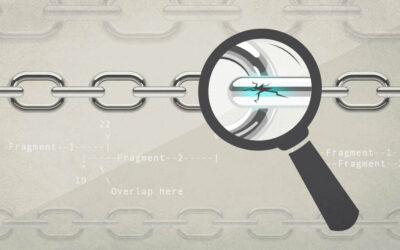Backups Backups are important. Everyone knows this. Few do anything about it, most likely because it seems like one more thing (like getting life insurance, a will, a retirement plan, etc.) It also doesn’t have immediate consequences. However, if you need a backup, you will either wish you had it or be glad you have it.
Most of you reading this have no excuse for not making backups. It’s really, really easy, and quite affordable. You probably have some form of high-speed Internet access, a computer, and a credit card. This is all you need—well, this and some motivation—to start making backups. Keep reading.
Let’s talk about backups.
A backup is useless if you don’t know how or cannot restore it. As important as making backup copies, is verifying that you can retrieve the information you backed up. You need to know what you need to restore your backups. If you backup to an external hard drive with backup software, you need the drive, a computer, and the backup software. If you backup using a backup service, you need a computer, a fast Internet connection, and the ability to install the backup service software on that computer. If you backup to DVD, you need the ability to read that DVD. (This means that you cannot restore to a MacBook Air without an external drive.)
It’s not enought to run through the steps in your head. Even if you only have a little bit of time, take the time to restore a few crucial files from your backups so you know you can do it when the pressure is on. You know that you’ll need your backups when you are under pressure for a deadline. Practice now.
Don’t forget that your restored files may not be any use to you if you don’t also backup the applications that can read them. This means you need to keep backups of the installers for your applications. (Yes, the rabbit hole is deep.) If the applications need license keys, you need those in a safe place, too. (Your password vault—you do use one, right?—is a good place for those.)
Let’s talk about backups.
You need to protect your backups. They contain valuable information. Most backup service software encrypts your information before it uploads it, so you probably don’t need to worry about it there. (Be sure you use a strong password. Since you’re using a password vault you can use a 32 character password and not worry about it.) If you’re doing your own backups to a disk or DVD, you can use an encryption tool like PGP, GNU Privacy Guard (GPG) or TrueCrypt to secure it before you store it.
Along the lines of being able to restore your data, since you encrypted it, be sure you can decrypt it. You don’t want to be stuck with copies of data you can’t read because the password or decryption key is locked inside the backup.
True story: I took a laptop with me on an overseas vacation. I encrypted one of the partitions with TrueCrypt. I forgot the password. The data on that partition is lost. (Thankfully, I had a backup of the data that mattered. Some of the less important data will never be recovered.)
Let’s talk about backups.
Some of you don’t have fast Internet access. You need to think about alternate strategies for backups. There are ways to make this work. External hard drives and burning the information to DVD are good options. These are easy to distribute so you’ll have access to your data, even if you lose access to your computer.
You may want to store a backup at work and a backup at home. If you have a friend in another part of your city, you might offer to trade backups. For your really important data, you may want to take the time to upload it to a more distant computer. Here are some reasons you might not be able to access your computer:
- It was lost or stolen.
- Your apartment block burns.
- Your city floods.
In some of these cases, most of your data isn’t that important. In others, it’s very important.
It’s time to do something about backups.
If you have decent Internet access, consider any of these backup services (and there are lots more):
All of the above services have good reputations. CrashPlan Free has a neat feature that lets you share hard drive space with friends, so their backups will be saved to your computer and your backups will be saved to their computer. SpiderOak has a neat promise that no one, not even they, can read your data. (Don’t forget your password.)
Please backup your data. Don’t wait until you need a backup.



